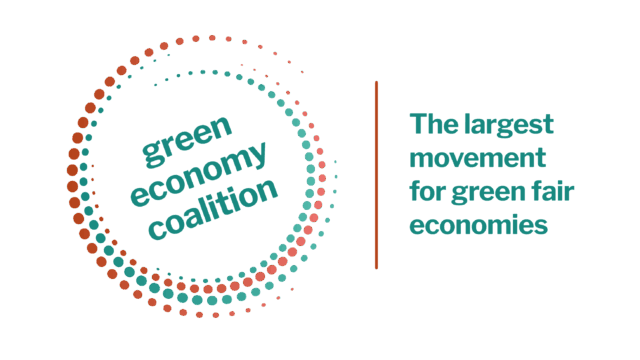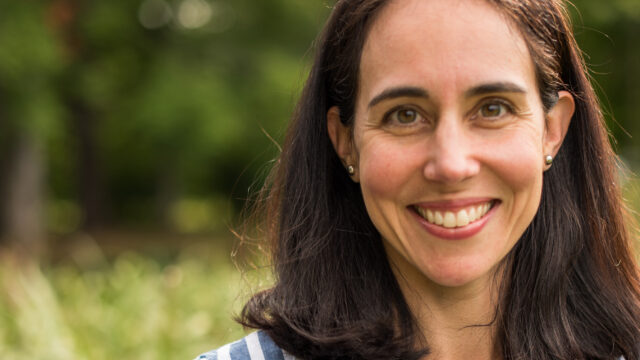Green stories writing competition - now open!

One of the most pressing questions today is how can we galvanise positive action towards more sustainable policies, practices and behaviours? Political parties can find that green issues are not vote winners as such issues are associated with ‘doing without’ or ‘fear’. Similarly catastrophic tales of climate change can lead to avoidance and denial in many. People can also be put off by dry facts and statistics.
One solution is to couch important information in stories. Stories help us share knowledge in an easily digestible way and make sense of the world around us, the causes and effects, conflicts and resolutions. Stories shape our perceptions of what actions are possible or preferable for us. Stories also make key points more memorable by tying them into plots and characters. However most of our narratives concerning climate change and the future are dystopian. This applies whether we are talking of news stories, which tend to portray communities suffering from climate change effects as helpless victims. It also applies to fiction - book, movies etc. that present doomsday visions of the future.
“ Creating a cultural body of work that presents positive visions of sustainable societies, more than anything else, has the potential to enable a shift towards more sustainable society.”
The necessary societal transformations to sustainable societies require profound systemic changes across social, cultural, economic, environmental, political and technological domains. But to imagine how all aspects can come together within one society is more the domain of creative fiction.
This is concerning because research clearly demonstrates that catastrophic tales of climate change are more likely to lead to feelings of helplessness, despair and a kind of passive fatalism than to prompt action, whereas solution-based stories that show positive visions of what a sustainable society might look like, or show engaging characters acting pro-actively to address issues are more likely to promote behaviour change (Baden et al. 2018).
This conviction led Dr Denise Baden from the University of Southampton, to run a free writing competition to solicit short stories set within a sustainable society. There were hundreds of fantastic entries and the resulting anthology of short stories ‘Resurrection Trust’ will be published in March 2019 by Retreat West publishers with a foreword by Caroline Lucas and review by Jonathan Porritt.
Following this, further competitions are underway. Writers are asked to check out potentially transformative solutions on the website and integrate them into their story. There is a playwriting competition (deadline June 2019), a radio play/tv series competition (deadline July 2019), a novel competition (deadline August 2019) and other formats (film tv etc.). All are free to enter with thousands of pounds worth of prizes and routes to production/publication set up.
Just as some books/films product place products, the aim is to ‘product place’ sustainable attitudes, behaviours, products and policies. For example, the story doesn’t have to be specifically about climate change or catastrophic shortages, it can be any kind of genre – rom com, crime drama, sci fi etc. as long as it showcases sustainable technologies, practices, products or ideas in the background. A rom-com, for example, could be set in a society that replaces ownership with borrowing and the heroine goes to a clothes library to borrow a dress for her big date and uses a carbon credit card; or the hero in a crime drama could live in a city where everyone has gardens on their roofs, uses the latest green technologies, eats insect burgers and generates energy from their own waste, and so on.
A writers workshop is also being hosted by the judges on 19/20 January 2019 to generate ideas – see here.
So any aspiring writers among you – start writing a greener future!
- Dr Denise Baden, Southampton Business School


